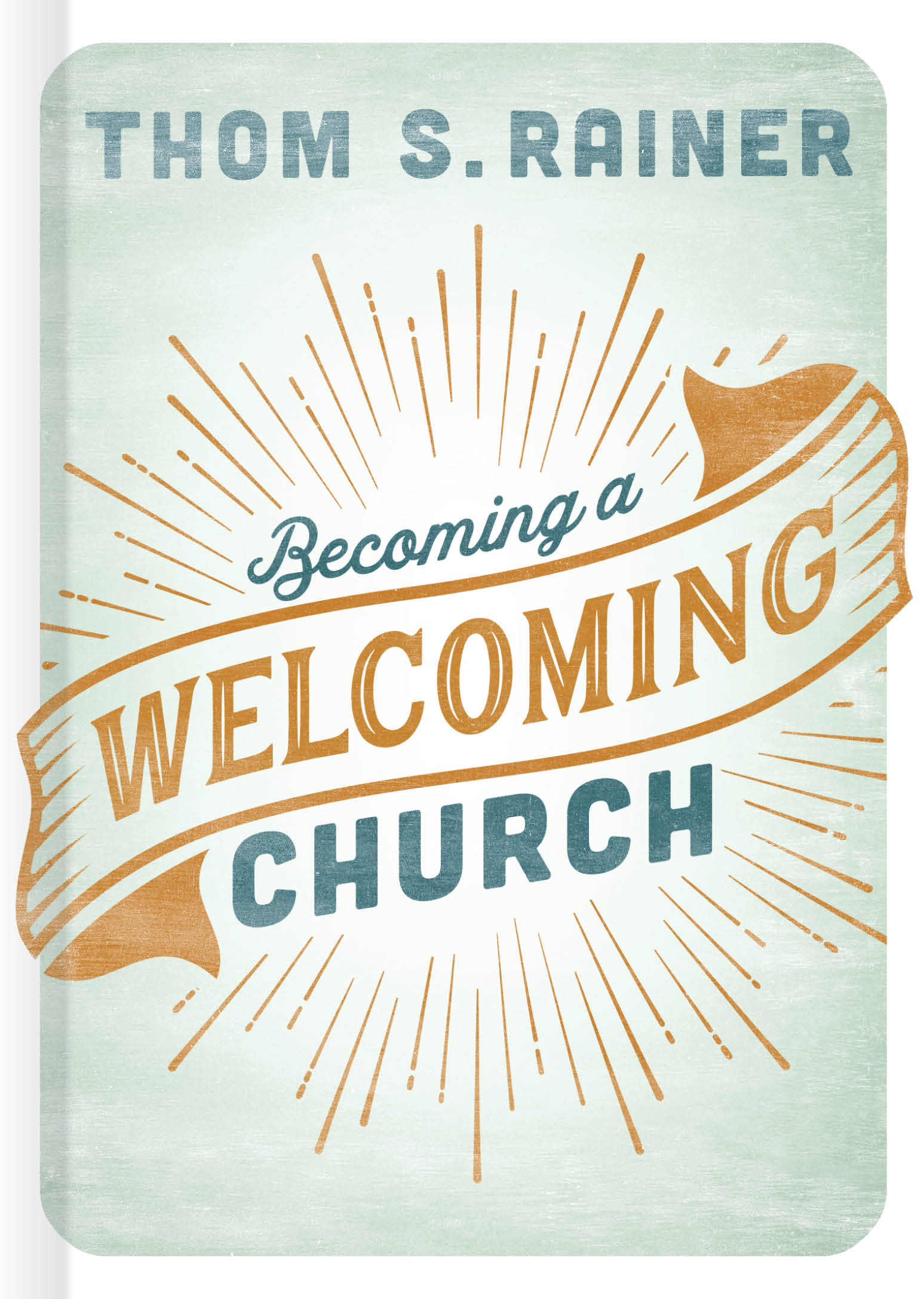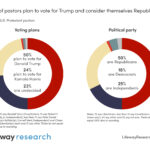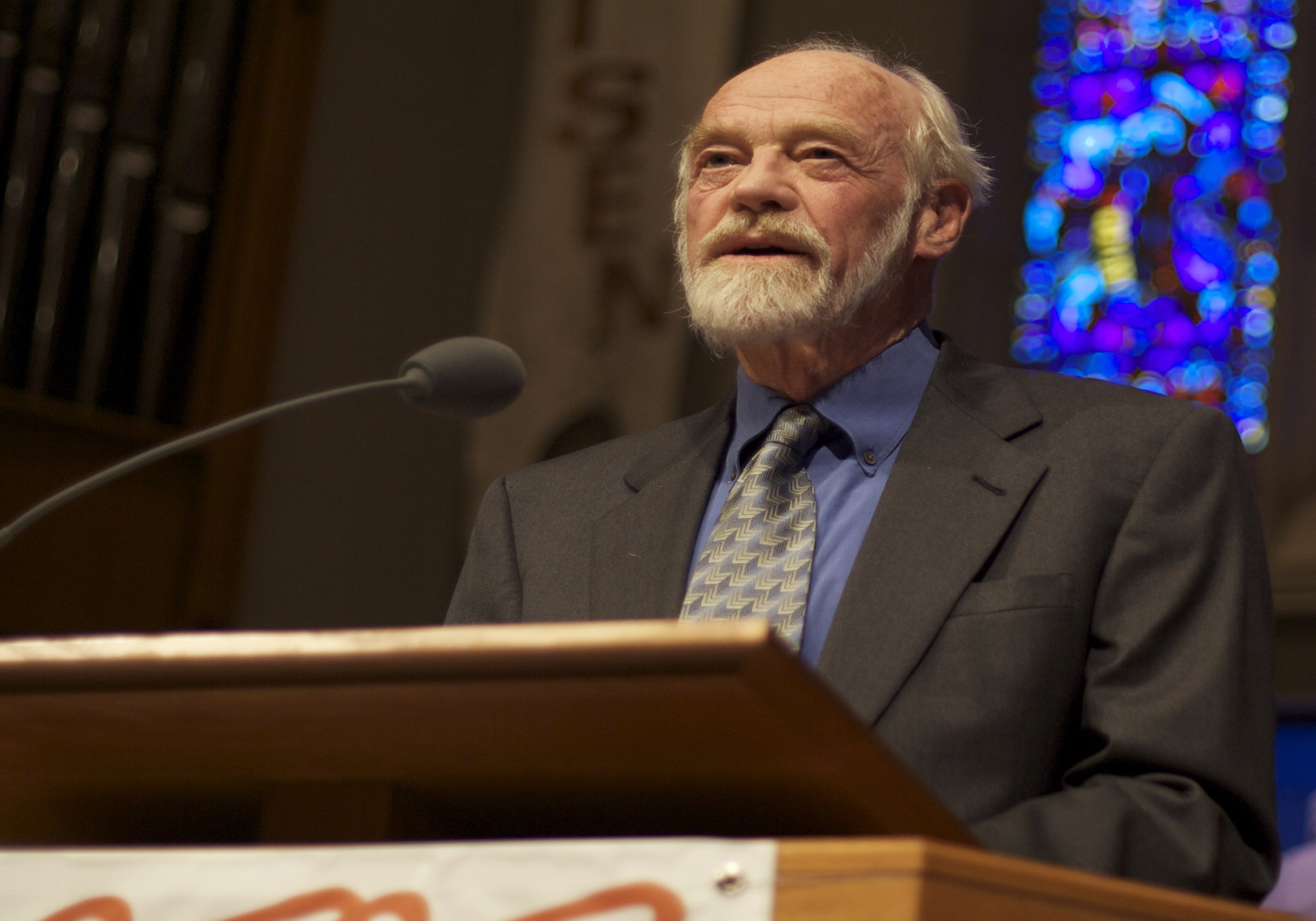
NASHVILLE (BP) – This weekly Bible study appears in Baptist Press in a partnership with Lifeway Christian Resources of the Southern Baptist Convention. Through its Leadership and Adult Publishing team, Lifeway publishes Sunday School curricula and additional resources for all age groups.
This week’s Bible study is adapted from the MasterWork curriculum.
Bible Passage: Matthew 5:6-7
Discussion Questions:
- What is the hungriest or thirstiest you have ever been? Explain.
- What is the greatest act of mercy you have ever been the recipient of?
- What does it take for pain in your heart over the wrongs in the world to burst forth into action to help correct those wrongs?
Food for thought:
I have not ever really known hunger or thirst. Oh yes, I have on occasion used the phrase, “I’m starving,” but I wasn’t literally starving. If my hunger or thirst has gone very deep, it was usually self-inflicted. You might be able to relate. Having never been truly hungry might make it a bit difficult for us to realize the full impact of Jesus’ statement in the Beatitudes, “Blessed are those who hunger and thirst for righteousness” (Matthew 5:6).
On the other hand, surely the abundant examples of unrighteousness in our world stir up some pangs of desire, some prayer for God to make the wrongs right. My community recently shook from a mass shooting that claimed the lives of multiple children and adults in a church school. In another incident, two high school students died from drug overdoses; a classmate has been charged with their murder. Alcohol abuse. Road rage. Human trafficking. How can our hearts not ache from the unrighteousness all around us?
In his book “The Good Life,” church planter and former professional football player Derwin Gray highlights Christ followers who not only felt the ache for righteousness, but also took the initiative to tackle wrongs for God’s glory.
They demonstrated themselves to be merciful, a condition Jesus also addresses in the Beatitudes. Because mercy came to us in the person of Jesus Himself, we share in both the benefit of mercy and the responsibility of spreading it. Drawing from the parable of the Good Samaritan (Luke 10:25-37), Gray states three principles about mercy.
- Mercy isn’t afraid to touch human suffering.
- Mercy is not afraid to cross ethnic, cultural and religious barriers.
- Mercy costs us something.
The unrighteousness in virtually every nook and cranny of our world might well stir our hunger and thirst for God’s righteousness, but we will express mercy only when we allow that gnawing to move us to action. What are you hungry for?
MasterWork
MasterWork is an ongoing Bible study curriculum based on works from a variety of renowned authors and offers pertinent, practical messages that adults will find uplifting and enriching. The list of authors and their books to be studied in upcoming months can be found at Lifeway.com/masterwork.























